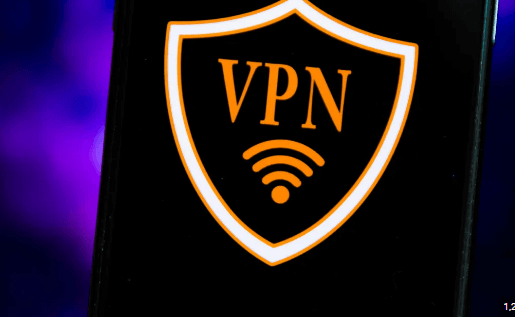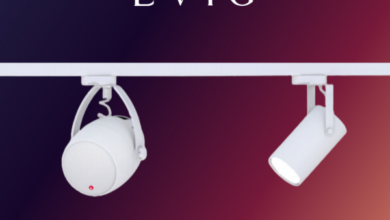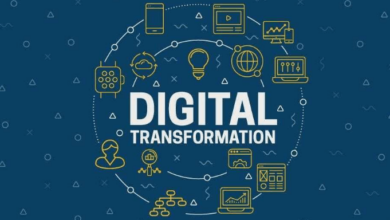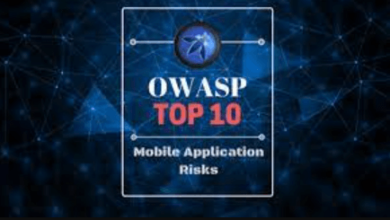Securing Your Online Privacy With VPNs

Protect yourself from malware and phishing attacks when using public Wi-Fi. This will help ensure your information doesn’t fall into the wrong hands.
What is a VPN used for? With a VPN, your data will be scrambled before it leaves your device, so hackers, cybercriminals, and data brokers won’t have access to your browsing history. This makes it harder for them to track your online activity or sell your information to third parties.
Encryption
Encryption is converting information into a code that conceals its meaning. This is done using formulas called cryptography. It is important for businesses because it helps to protect sensitive data and communications from cyberattacks.
Hackers could easily intercept and read sensitive data such as passwords or financial transaction details without encryption. This data can be transmitted over the Internet or stored in company systems. Encryption prevents these unauthorized attacks by converting the data into unreadable code.
It also helps to keep sensitive information safe when moving between devices or servers. This is known as data in transit encryption. The simplest example is websites with the HTTPS protocol, which encrypts data as it moves from your browser to the website’s server.
Similarly, the encrypted data in virtual private networks (VPNs) is protected from prying eyes when moved between the VPN’s servers and your computer. In a world of increasing privacy concerns, customers are willing to trust companies that take security seriously and encrypt their data. This is why it’s so important for business owners to use encryption and publicly advertise their security measures. It will boost customer trust, which in turn can help drive sales. It can also help to avoid negative publicity when a data breach occurs, like the recent Facebook scandal where hackers stole millions of users’ passwords.
No Logs
You need a VPN that doesn’t log your online activities to protect your privacy. Most VPN providers will advertise themselves as a no-log VPN. However, this can be more marketing speak than a valid reassurance of complete privacy. This is because most VPNs do log some activity data.
This can be at the server level, which may include datasets on bandwidth usage and data transfer amounts, or at the user level, which may include your IP address. The latter type of logging is the most dangerous to privacy since it can allow your VPN provider to track your online activities over time. It can also provide a link between your device and the website you visit, which would be very easy for law enforcement to obtain.
Fortunately, some great VPNs do not keep any logs. However, it’s important to carefully read a VPN’s zero-log policy to ensure you’re not getting burned by one that makes false claims. It’s also important to note that no VPN can completely avoid logging, as it needs to collect information to maintain its servers and network. However, the best VPNs will never sell your information to third parties or their employees. The only exception is network maintenance or security issues, as noted in their privacy policies.
Access to Blocked Websites
Content providers, schools, workplaces, and governments block many sites and services for various reasons. For example, schools block access to porn, gaming, or gambling websites to boost productivity and cut out distractions. In contrast, businesses may block streaming sites such as YouTube or Netflix because of licensing agreements. Using a VPN to appear in a different country can circumvent those restrictions.
Your IP address can be used to track your browsing habits, and a VPN protects your privacy by scrambling your data before it leaves your device. This prevents ISPs and other third parties from seeing what you’re searching for, where you are, or what you click on.
Hackers are constantly trying to steal your personal information, and VPNs can help keep them from getting their hands on it. When you use a VPN, your data is encrypted and bounced around a network of volunteer servers, making it almost impossible for hackers to intercept your activity.
While a VPN doesn’t guarantee iron-clad security, it is one of the best options for safeguarding your privacy online, especially if you use public Wi-Fi networks. And even if you don’t have access to Wi-Fi, VPNs are still essential when using data on 4G LTE networks that are vulnerable to hacking and exploitation.
Privacy
VPNs can be useful to people in many situations, whether they’re organizations that need to protect trade secrets or travelers who use public Wi-Fi networks. They’re also useful for people who spend most of their time at home and want to avoid the risks of cyber threats.
A VPN hides internet data traveling to and from your devices, including computers, tablets, and smartphones. This data is sent in a scrambled format that’s unreadable to anyone who might intercept it. This prevents hackers and cybercriminals from stealing your personal information, such as your name, address, social security number, and passwords.
Read also Your Guide to B2B Marketing Automation
It also stops your ISP from spying on you. ISPs can sell your data to companies that can use it for marketing purposes. They can limit your connection speed or block certain websites based on your usage habits. A VPN can stop these practices and protect you from being tracked, even at home on your private Wi-Fi network.
A VPN is essential for anyone using the Internet, especially on unsecured Wi-Fi networks. They’re especially valuable when traveling or using public Wi-Fi, and they’ll keep your browsing history secret from cybercriminals. Plus, they’ll protect you from exposing your sensitive financial information to hackers and identity thieves. Without a VPN, it’s easy for companies to track your behavior and deliver targeted ads to you.




